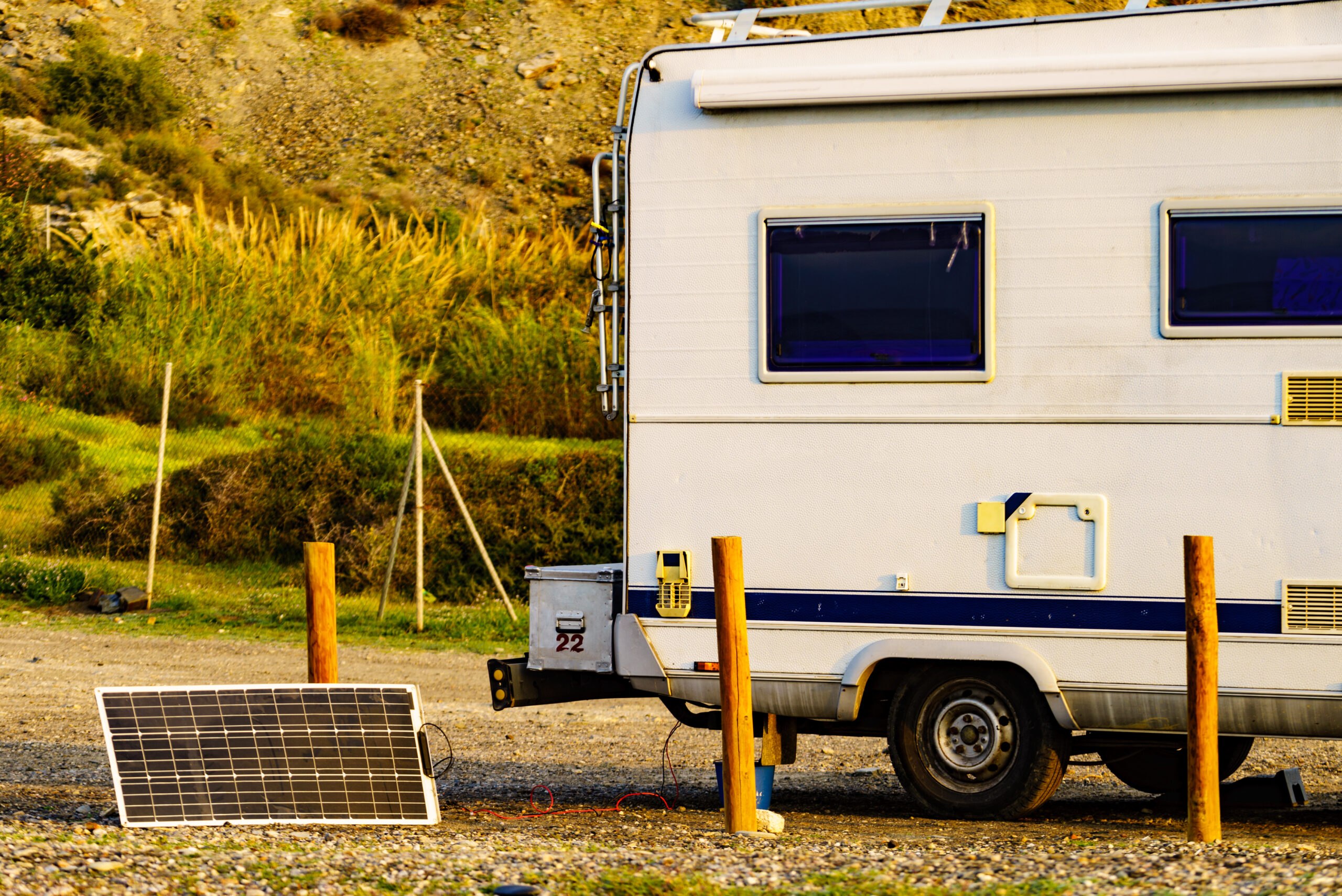






What to Do If Your RV Has No Power
What to Do If Your RV Has No Power: A Comprehensive Guide

1. Check the Power Source
The first step in diagnosing any power issue is to check the source of power to your RV. Many RVs run on either shore power (from a campsite hookup) or internal power systems like batteries or generators.
·Shore Power: If you're plugged into a campground or a site with external power, check that the power supply is turned on and functioning properly. Inspect the power cord for any visible damage and ensure it is securely plugged into both the RV and the external outlet. Also, verify that the circuit breaker at the site hasn't been tripped.
·Generator: If you're relying on a generator for power, ensure it is turned on and functioning. Check the fuel levels, as well as the oil and maintenance condition. Generators can often fail to start due to a lack of fuel or necessary maintenance.
If the power source appears to be functioning correctly, the next step is to inspect the electrical system within the RV itself. Like any home or vehicle, RVs are equipped with circuit breakers and fuses to protect the system from overloads and shorts.
Many modern RVs are equipped with inverters and converters, which help to convert power from DC (direct current) to AC (alternating current) and vice versa. If you're experiencing issues with AC power inside the RV, the inverter could be the culprit.
A dead or malfunctioning battery is a common cause of power loss in RVs, especially if you’re not plugged into shore power. Inspect the battery terminals for corrosion or loose connections, which can prevent proper power flow. Use a multimeter to test the voltage of your batteries—most RV batteries should read between 12.5 and 13 volts when fully charged. If the voltage is lower, you may need to charge the batteries or replace them if they are no longer holding a charge.
If you've checked all the basics and your RV is still without power, consider using an external portable power solution. A high-quality portable power station or backup battery can serve as a temporary solution, especially for essential appliances such as lights, fans, and small devices. These units are typically easy to use and can be recharged via solar panels, shore power, or a vehicle’s engine, depending on the model.
If all else fails and you're still without power, it may be time to contact an RV technician or electrician. Electrical issues can sometimes be more complicated than they initially appear, and an experienced professional can help pinpoint and fix any problems with the wiring, converters, inverters, or other components of your RV’s electrical system.
Conclusion








